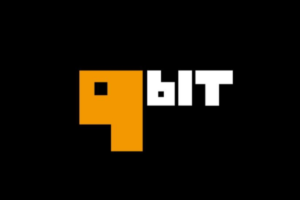Crypto Wallets in Thailand 2025: Your Questions, Answered
FAQ: Best Crypto Wallets Thai Users Trust in 2025
Choosing the best crypto wallet Thailand isn’t just about convenience—it’s about security, flexibility, and finding a tool that fits your daily habits. With Bitcoin (BTC) and Tether (USDT) continuing to dominate local transactions in 2025, more Thai users are asking the same question: which wallets actually work here? Whether you’re new to crypto or looking to upgrade your setup, this FAQ guide breaks down the most trusted wallets in Thailand—based on real user feedback, practical features, and current trends.
Q1: Best Crypto Wallet Thailand —— What’s the most popular crypto wallet made for Thai users?
A: That would be Bitkub NEXT. Created by Thailand’s top exchange, it’s designed for local ease—Thai language interface, baht integration, and a clean layout. It’s great for BTC and USDT transfers, especially if you’re a beginner or casual investor. However, it lacks support for advanced or multi-chain assets.
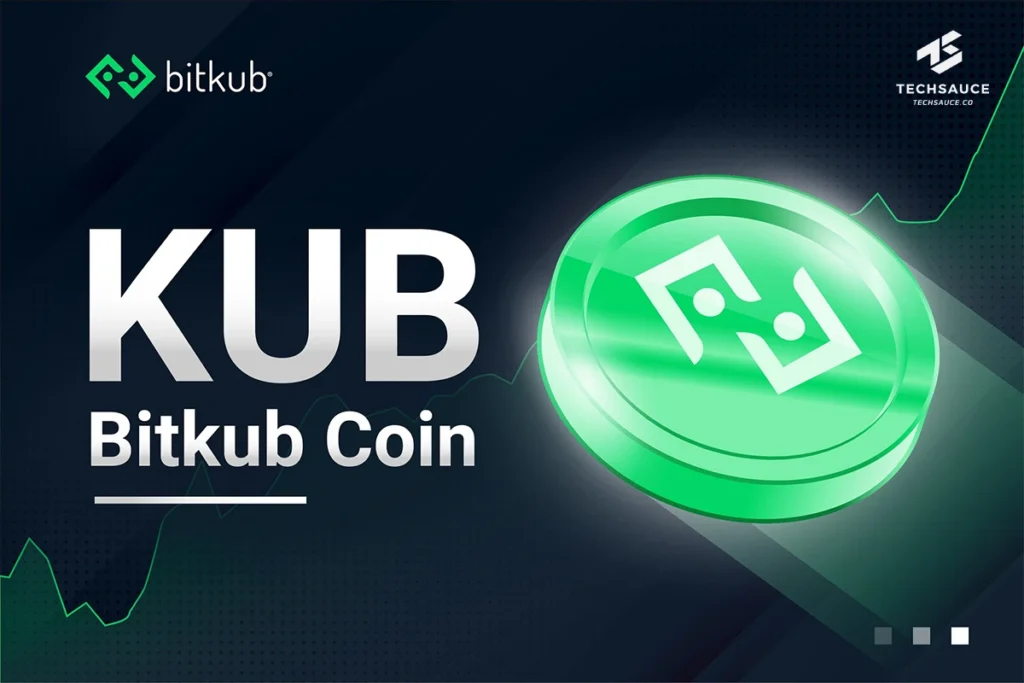
Credit from : Moralis Academy
Q2: Best Crypto Wallet Thailand —— Which wallet is best for using Web3 and DeFi apps?
A: MetaMask is the go-to for DeFi enthusiasts. While it wasn’t built in Thailand, many local users rely on it for accessing dApps and managing tokens on Ethereum and BNB Chain. One downside: it doesn’t support Bitcoin directly, so you’ll need another wallet for that.

Credit from : Github
Q3: Is there a wallet that supports both BTC and USDT on multiple chains?
A: Trust Wallet is a strong all-rounder. It supports over 70 blockchains and offers both BTC and USDT support across different networks. Owned by Binance, it’s secure and reliable, and the mobile app makes it ideal for daily use without too much complexity.
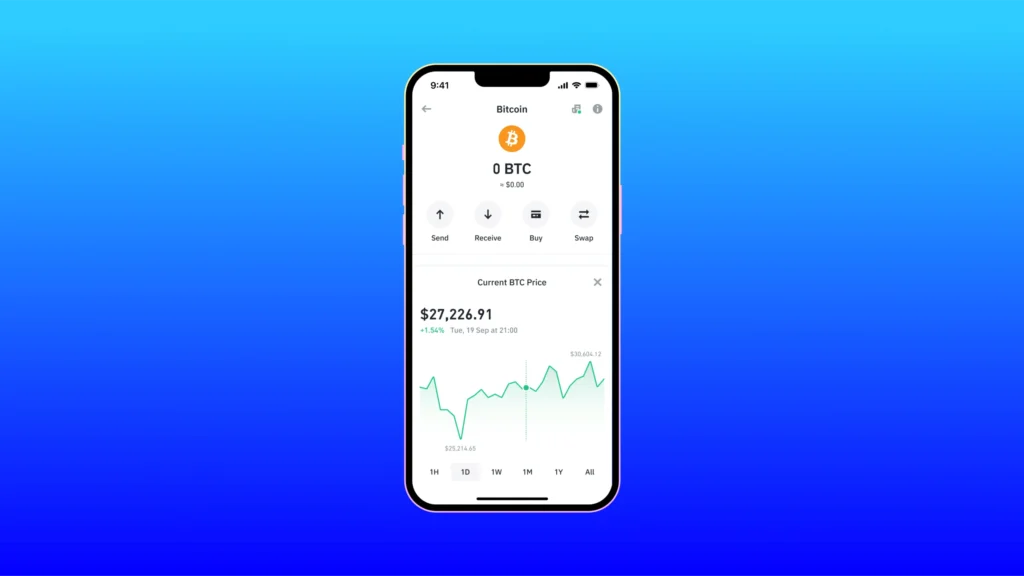
Credit from : Changelly
Q4: How can I keep my crypto completely offline?
A: You’ll want a hardware wallet like the Ledger Nano X. This device keeps your keys offline and safe from phishing or malware. Thai users who plan to hold long-term—especially with BTC—are increasingly turning to cold wallets in 2025. Setup takes some effort, and the cost is around 5,000 THB, but the security is worth it for many.
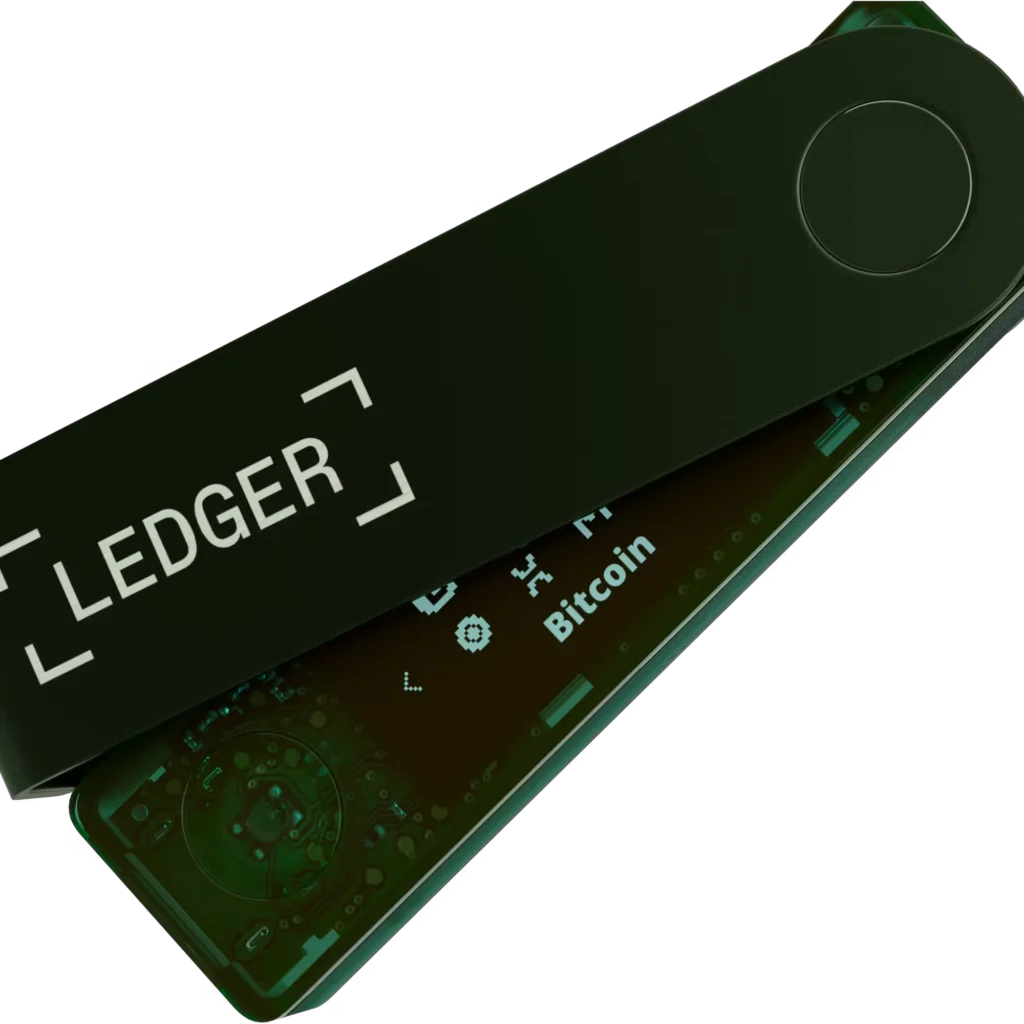
Q5: What if I trade a lot and need something convenient?
A: The Binance App Wallet is a favorite for frequent traders, especially those moving across borders. It’s built into the Binance platform and supports quick swaps, mobile transfers, and even Binance Pay. The catch? Regulatory risks in Thailand could affect accessibility, so always keep a backup wallet ready.
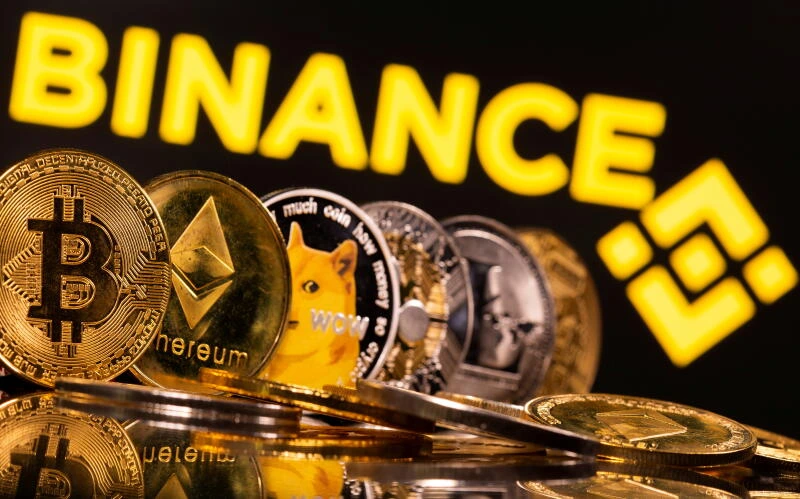
Q6: Which wallet should a total beginner in Thailand use?
A: Start with Bitkub NEXT. It’s designed for ease, fully localized for Thai users, and links directly to the Bitkub exchange. If you want to explore more advanced tools later, you can always export your assets to a wallet like Trust Wallet or MetaMask.
Q7: Can I use more than one wallet?
A: Absolutely. Many Thai users use one wallet for daily use (like Trust Wallet or MetaMask) and another for cold storage (like Ledger Nano X). Mixing tools based on use-case is common and often safer.
Q8: What should I never do with my crypto wallet?
A: Never store your seed phrase in your phone’s Notes app or email. That’s how people lose everything. Instead, write it down and keep it somewhere secure—offline, hidden, and fireproof if possible.
Q9: So… what’s the “best” wallet overall for Thai users?
A: There’s no one-size-fits-all answer. But here’s a quick guide:
- For beginners: Bitkub NEXT
- For Web3 users: MetaMask
- For convenience: Trust Wallet
- For cold storage: Ledger Nano X
- For frequent trading: Binance App Wallet
Conclusion
Thailand’s crypto scene in 2025 is vibrant—and choosing the right wallet is key to staying safe and efficient. Whether you want security, speed, or flexibility, the tools listed above are the ones real users are relying on right now. Pick what fits your habits, stay updated on regulations, and protect those keys.



